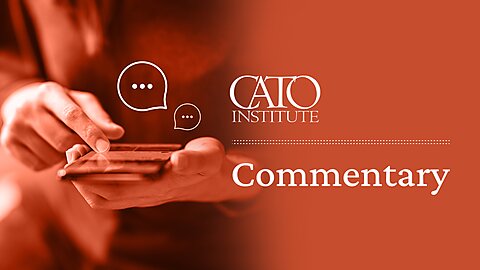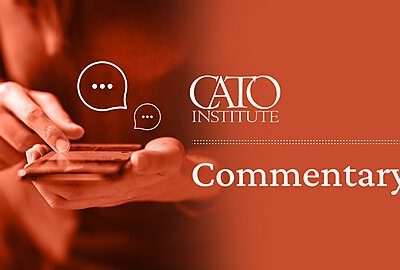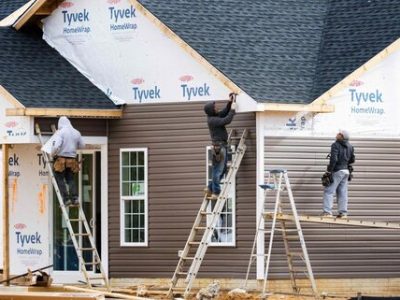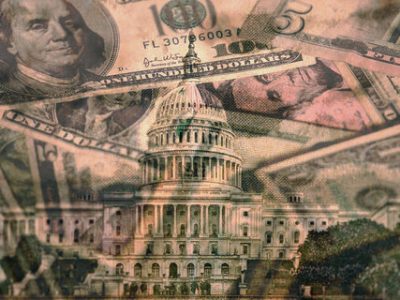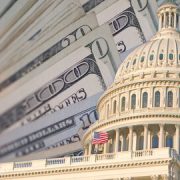
After President Joe Biden signed an executive order instructing the government to research and develop central bank digital currency (CBDC), nearly every agency responded with public reports. The one outlier was the Department of Justice (DOJ), which opted to withhold its legislative analysis from the public eye.
I’ve had a Freedom of Information Act request pending for two years now in hopes of making the DOJ’s analysis public, and I’m not the only one seeking answers. Members of Congress have noticed the missing analysis as well. Representative French Hill (R‑AR) and ten other members of Congress wrote to Attorney General Merrick Garland in October 2022 when it became clear that the information had been withheld.
In the two years that have passed since our initial queries, neither my Freedom of Information Act request nor Representative Hill’s letter have been answered. When we discussed the matter, Representative Hill said, “I have pressed the DOJ for two years to receive a copy of their memo on CBDCs yet have received nothing but silence.” He further said,
The House was clear when it passed the Emmer-Hill CBDC Anti-Surveillance State Act to prohibit the Federal Reserve from issuing a CBDC and Chair Powell has publicly stated the Fed would not proceed on a CBDC without Congress—it should not be so difficult for the White House and DOJ to say they agree. The Biden-Harris Administration’s efforts to exert broad and untested executive authority by forgiving student loans give Americans every right to fear the same expansive executive power being abused once more with the creation of a CBDC. I applaud Cato’s FOIA request to obtain this information. If the White House and DOJ have nothing to hide, they should make this memo public and respect Congress’ constitutional authority to coin and regulate the value of money.
Representative Hill is right: it should not be difficult for the DOJ to make this information available. At the end of the day, the information in question is not on the location of witnesses in ongoing cases or the details of undercover agents. Rather, the DOJ was only asked to explain “whether legislative changes would be necessary to issue a United States CBDC” and to provide “a corresponding legislative proposal.” That’s it.
Yet despite the efforts of myself and Representative Hill, the only publicly available information about the DOJ’s analysis appears to be in the footnote of a press release announcing the publication of other reports related to President Biden’s executive order.
Perhaps it’s notable that out of the many reports required by executive order, the question of CBDC legislation was the only one that went to the Assistant to the President for National Security Affairs (APNSA) and the Assistant to the President for Economic Policy (APEP) instead of to the president directly. Still, this information should have been made publicly available once it became clear the public was interested in it.
Given how the rise of CBDCs has increasingly become a public concern, the American people deserve to know what the DOJ and the White House think needs to be done to create a CBDC.


